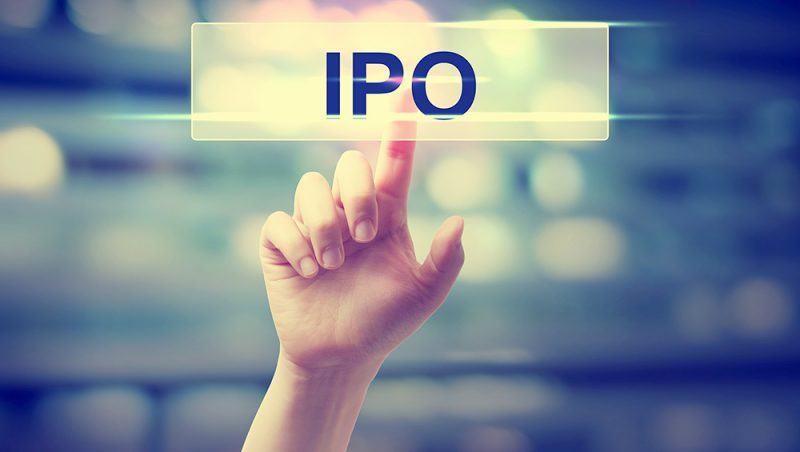The Uber IPO Was Not a Failure. But IPOs in General Are a Mess

Was the Uber IPO a success?
It depends on who you ask. If you listen to the media, it was a failure. A successful initial public offering has to feel like July 4th fireworks. The stock opens 30% above the set IPO price and then finishes the day up 100%. That’s a newsworthy IPO that (according to the financial commentariat) deserves the uncorking of champagne.
In that kind of IPO, the underwriters, the brokerage firm(s) that brings the deal to the market, have lots to celebrate, too. They’ve used this IPO to butter up their best clients — the ones that bring them the most business.
See, the IPO market is not designed to actually benefit the shareholders of the IPO company. Where the stock trades at the opening has little to do with what the company is worth, and has everything to do with supply (insiders selling shares) and demand (mutual fund and hedge fund interest in the stock). That’s it. The underwriters’ job is to assess interest on both sides and set a price near equilibrium.
The conflicts inherent in this situation show Wall Street at its worst. The underwriters are supposed to represent the interests of their client, the IPO company (in fact, they get paid handsomely to do so). But there is a conflict between the one-time fee they receive from that company (plus, maybe, the fees they receive if the post-IPO company decides to seek their advice in future M&A activity) and the very predictable trading commissions that are trickling in every single day from their large brokerage clients.
To rig the IPO for the benefit of the brokerage clients, underwriters often create an imbalance between supply and demand by keeping the offering price significantly below the level where supply and demand indicate it will open. That way, the best clients get to own the stock for a few minutes or maybe a few hours before the stock jumps 30% or 100%; then they flip it for an astronomical annualized internal rate of return.
This “uncork the champagne” IPO is actually a failure if you look at it from the perspective of insiders—because the company itself receives less funding from the offering than it would if that artificial imbalance hadn’t been created. I know it will be hard for me to elicit any pity for an IPO company’s founders — the newly minted billionaires — but building their company almost certainly required risk-taking, creativity, personal sacrifices, and sleepless nights to raise a company out of nothing. Private-equity and angel investors will get even less sympathy from you, but they took a risk and bet on something nascent. We see and envy their successes; but we don’t see their failures, which are a lot more frequent than we think.
If you look at the Uber IPO from this perspective, it was neither a great success nor a huge failure. The stock (uber) was more or less correctly priced, levitated close to the opening price throughout the day, and finished down 8% on the day. It hasn’t moved dramatically since then, either; it was trading about 7% above its IPO price when this article went live.
Ultimately, the more “exciting” an IPO’s first-day moves are, the less the company has to actually celebrate.
Vitaliy Katsenelson, CFA, is the CEO at Investment Management Associates, Inc. He writes about the markets at ContrarianEdge.com, and is the author of The Little Book of Sideways Markets (Wiley).
More opinion in Fortune:
—Why the U.S. should embrace “Green China Inc.,” not fight it
—Amazon’s Alexa is gaining medical skills. That could be bad for health care
—An alliance between big business and democratic socialists isn’t so unlikely
—Democrats shouldn’t be skeptical of the U.S.-Mexico-Canada Agreement
—Business execs lobbied Congress for a national carbon price. We listened
